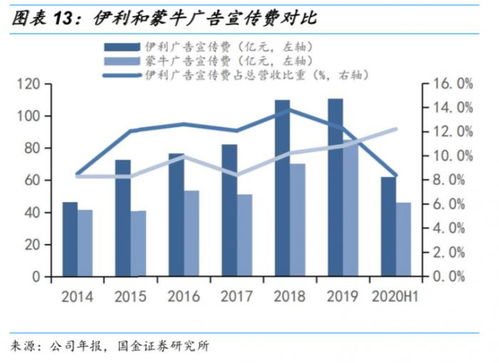Mobile app development has witnessed a tremendous growth in recent years, revolutionizing the way we interact with technology. From ideation to deployment, let's delve into the key aspects of mobile app development.
1. Understanding the Basics
Mobile app development involves creating software applications that run on mobile devices such as smartphones and tablets. It encompasses a wide range of operating systems including iOS, Android, and Windows.
2. Key Stages of Development
Ideation: This stage involves brainstorming ideas for the app, conducting market research, and defining the app's purpose and target audience.
Design: Designers create wireframes, prototypes, and define the user interface and user experience (UI/UX) design.
Development: Developers use programming languages such as Swift (for iOS) and Java (for Android) to build the app's functionality.
Testing: Quality assurance (QA) testers conduct various tests to ensure the app functions properly and is free of bugs.
Deployment: Once the app is ready, it is submitted to the respective app stores (e.g., the Apple App Store or Google Play Store).
3. Trends and Technologies
Augmented Reality (AR) and Virtual Reality (VR): Integrating AR and VR technologies into mobile apps provides immersive user experiences, especially in gaming and interactive media apps.
Internet of Things (IoT): With the rise of IoT, mobile apps can now connect and control smart devices, ranging from home appliances to industrial equipment.
Artificial Intelligence (AI) and Machine Learning (ML): AI and ML algorithms are being utilized in mobile apps to deliver personalized content, predictive analysis, and virtual assistants.
Blockchain: The integration of blockchain technology ensures secure transactions and data management within mobile apps, particularly in the realm of finance and digital identity.
4. Industry Best Practices
Agile Methodology: Adopting agile development practices ensures flexibility, adaptability to change, and continuous improvement throughout the app development lifecycle.
Focus on Security: With the prevalence of cyber threats, prioritizing app security through encryption, secure data storage, and regular security updates is crucial.
UserCentric Design: Designing an intuitive and userfriendly interface is key to engaging and retaining users.
5. Advice for Aspiring Developers
If you are aspiring to enter the field of mobile app development, consider mastering both iOS and Android platforms to broaden your skill set. Additionally, continuously explore emerging technologies and stay updated with industry trends to remain competitive in the market.
Remember, successful app development requires a balance of technical expertise, creativity, and an understanding of user needs.
免责声明:本网站部分内容由用户自行上传,若侵犯了您的权益,请联系我们处理,谢谢!联系QQ:2760375052











